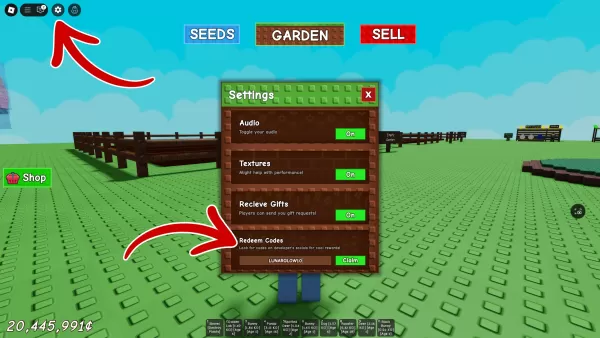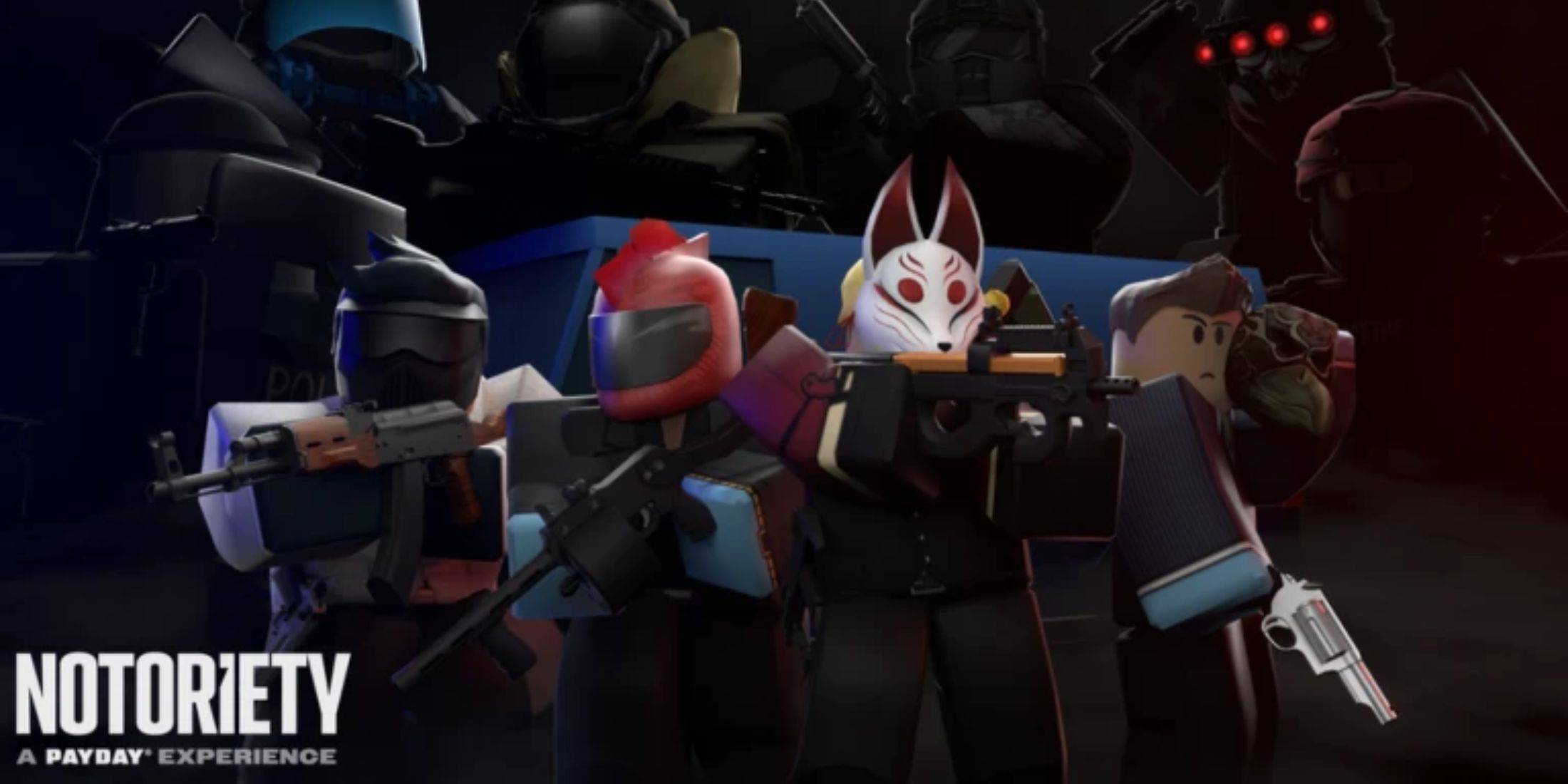How Monster Hunter Took Over the World
Before its global launch, Monster Hunter Wilds shattered pre-order records on Steam and PlayStation, mirroring the phenomenal success of its predecessors, Monster Hunter Rise (2022) and Monster Hunter: World (2018). This achievement firmly establishes Capcom's unique RPG series as a major player in the global video game market. However, this wasn't always the case.
Less than a decade ago, such widespread global popularity would have seemed improbable. Even further back, at the 2004 launch of the original Monster Hunter, it would have been unthinkable; the initial game received mixed reviews. It wasn't until the 2005 PSP release that the series truly exploded—in Japan.
For years, Monster Hunter epitomized the "bigger in Japan" phenomenon. While the reasons are straightforward, as this article explains, Capcom persistently sought international market penetration. The success of Monster Hunter World, Rise, and now Wilds, proves their efforts were worthwhile. This is the story of Monster Hunter's journey from domestic darling to global powerhouse.
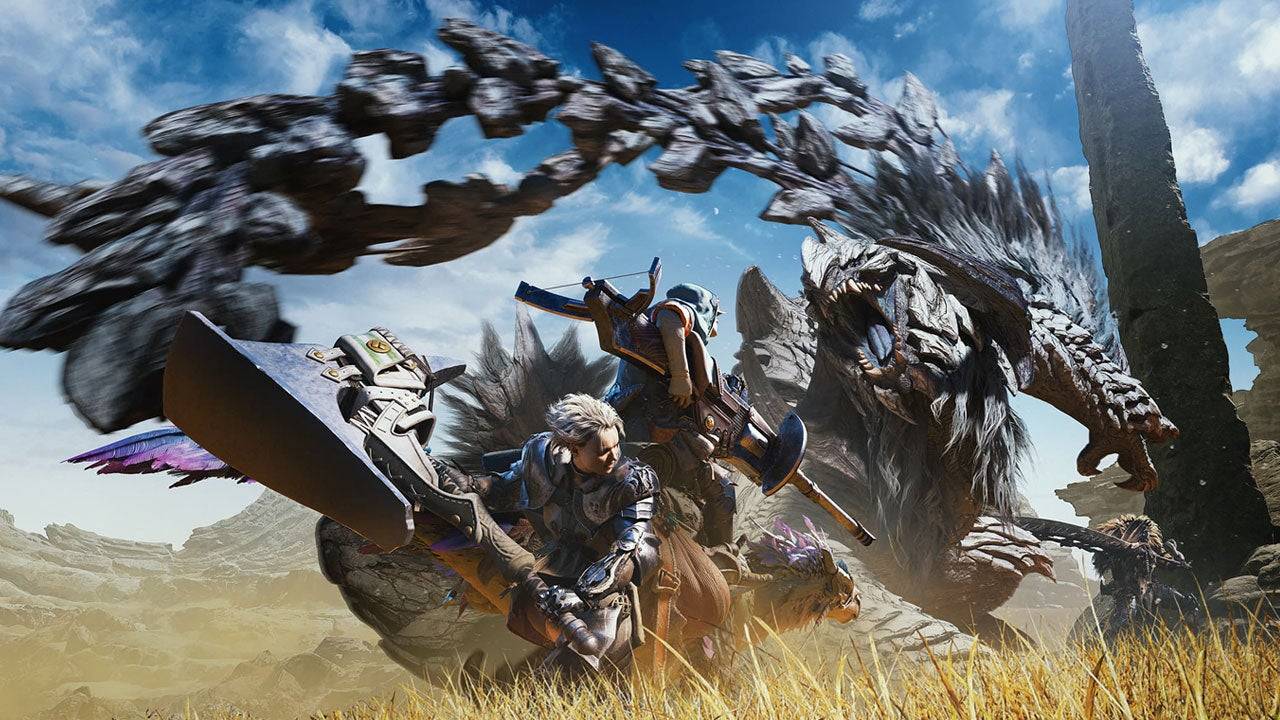
Around the 2016 launch of Street Fighter 5, Capcom underwent an internal restructuring to prepare for a new generation of games utilizing the RE Engine, replacing the aging MT Framework. This wasn't merely a technological shift; it involved a mandate to create games for a global audience, not just existing regional fanbases.
"Several factors converged," explains Hideaki Itsuno, a former Capcom game director known for his work on Devil May Cry. "The engine change, and a clear goal for all teams: creating globally appealing games—fun for everyone."
Capcom's PS3 and Xbox 360-era games often seemed to chase perceived Western market trends. While Resident Evil 4 was a hit, titles like Umbrella Corps and the Lost Planet series, aiming for late-2000s Western gaming styles, fell short. Capcom realized the need for broader appeal.
"We focused intently," Itsuno states, "on making great games reaching a worldwide audience."
The period leading up to 2017 proved pivotal. "Organizational and engine changes converged," Itsuno notes. The 2017 launch of Resident Evil 7 marked a Capcom renaissance.
No series better embodies this global success goal than Monster Hunter. While it had Western fans, it was significantly larger in Japan. This wasn't intentional; several factors contributed.
The shift to PSP with Monster Hunter Freedom Unite proved crucial. Japan's robust handheld gaming market, fueled by the PSP, DS, and Switch, played a significant role. According to executive producer Ryozo Tsujimoto, Japan's advanced wireless network facilitated reliable multiplayer, a key aspect of Monster Hunter's appeal.
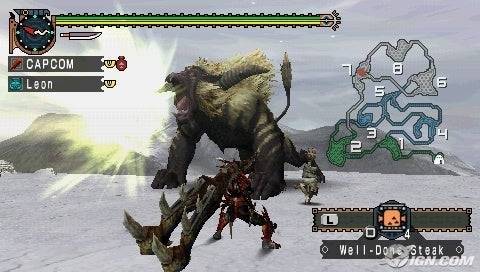
"Japan had a strong network infrastructure 20 years ago, enabling online play," Tsujimoto explains. "Moving to handhelds expanded the multiplayer player base."
This created a cycle: Monster Hunter's Japanese success led to Japan-focused content, reinforcing its image as a primarily Japanese brand. Western fans observed enviously.
However, as Western internet infrastructure improved, Tsujimoto saw an opportunity. Monster Hunter: World (2018), released simultaneously worldwide on PS4, Xbox One, and PC, represented a significant shift. It offered AAA console quality, larger environments, and bigger monsters.
"Our globalization approach, reflected in the name 'World,' aimed for worldwide appeal," Tsujimoto reveals.
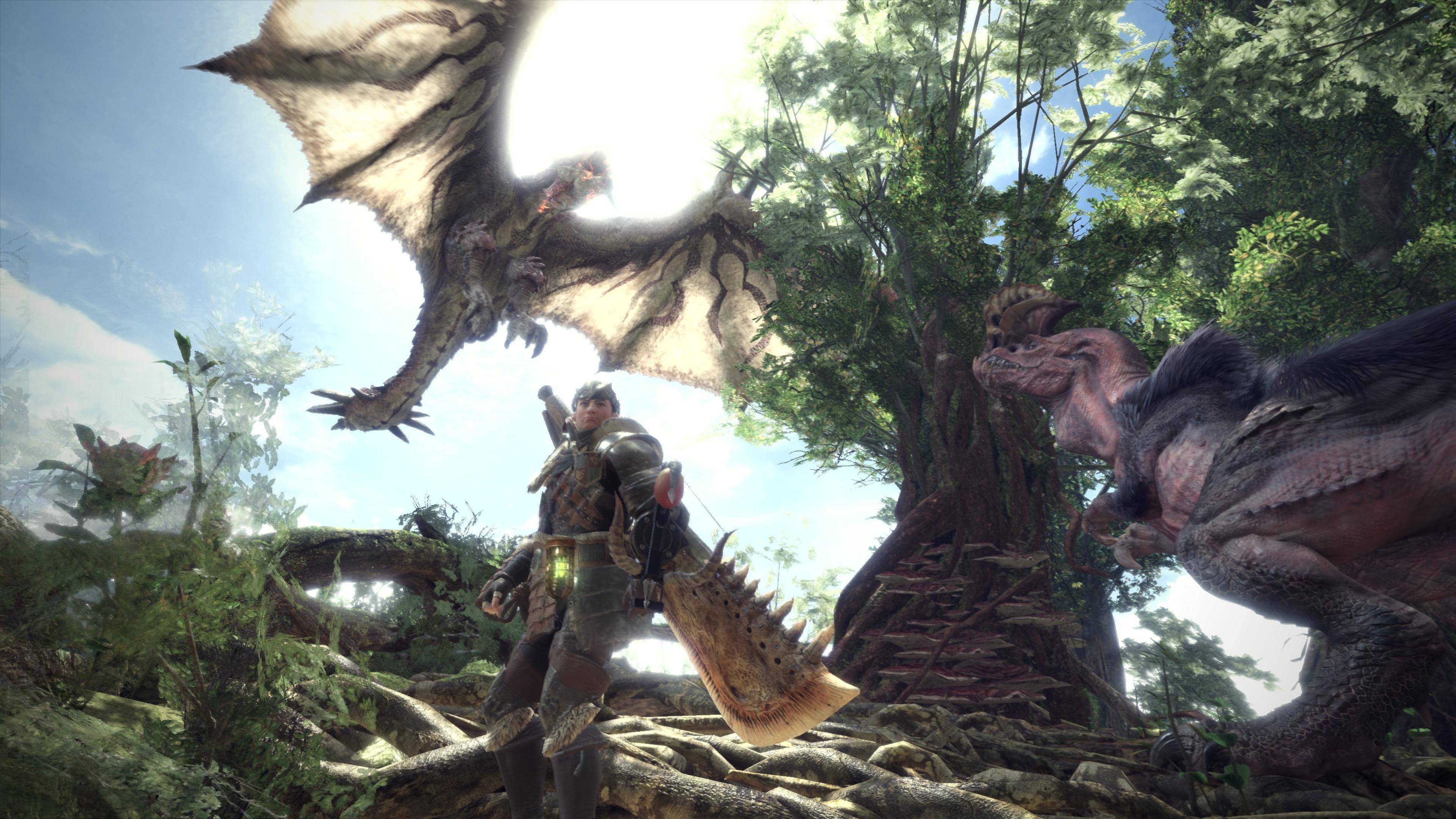
Simultaneous worldwide release, eliminating Japan-exclusive content, was crucial. Tsujimoto and his team also analyzed how to enhance the game's accessibility. Playtesting and user feedback informed design choices.
"Worldwide playtests significantly impacted game system design and our global success," Tsujimoto says.
One key change was displaying damage numbers. These refinements to a successful formula propelled Monster Hunter to unprecedented heights. Previous games sold 1.3 to 5 million copies; World and Rise each surpassed 20 million.
This growth wasn't accidental. Instead of altering Monster Hunter's core to suit Western tastes, Capcom enhanced accessibility without sacrificing its unique qualities. This approach continues with Wilds.
"Monster Hunter is at its heart an action game, emphasizing mastery," Tsujimoto explains. "For new players, we focus on guiding them to that sense of accomplishment. We analyze where players struggle, gather feedback, and use that knowledge to improve systems in Wilds."
Within 35 minutes of release, Monster Hunter Wilds reached 738,000 concurrent Steam players, exceeding World's peak. Positive reviews and promised content suggest Wilds will surpass even World and Rise's achievements, continuing the series' global conquest.
-
- Containment Test registration now open- Initial language support: English, Japanese, Chinese- Mobile platform accessibility pendingHotta Studio's ambitious project Neverness to Everness reaches a crucial development phase with Closed Beta sign-upsAuthor : Ryan Feb 11,2026
-
Frozen War, a new strategy title from IGG, plunges players into a frozen post-apocalyptic world where they must confront the undead and brutal weather while attempting to restore society. Global pre-registrations are now live, featuring multiple commAuthor : Chloe Feb 11,2026
-
 Southern PokerDownload
Southern PokerDownload -
 Fruit Summer Slots MachineDownload
Fruit Summer Slots MachineDownload -
 Tarot Offline - Card GameDownload
Tarot Offline - Card GameDownload -
 Virtuelles Casino - Craps Spiel OnlineDownload
Virtuelles Casino - Craps Spiel OnlineDownload -
 BrazilyaDownload
BrazilyaDownload -
 Battle Angel Moe moe arena-Download
Battle Angel Moe moe arena-Download -
 Sandy BayDownload
Sandy BayDownload -
 Spell CastersDownload
Spell CastersDownload -
 Brain Puzzle - IQ Test GamesDownload
Brain Puzzle - IQ Test GamesDownload -
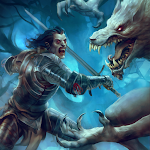 Vampire's Fall: Origins RPGDownload
Vampire's Fall: Origins RPGDownload
- Black Ops 6 Zombies: How To Configure The Summoning Circle Rings on Citadelle Des Morts
- Roblox: Latest DOORS Codes Released!
- Harvest Moon: Lost Valley DLC and Preorder Details Revealed
- Silent Hill 2 Remake Coming to Xbox and Switch in 2025
- Roblox: Blox Fruits Codes (January 2025)
- Roblox: Freeze for UGC Codes (January 2025)

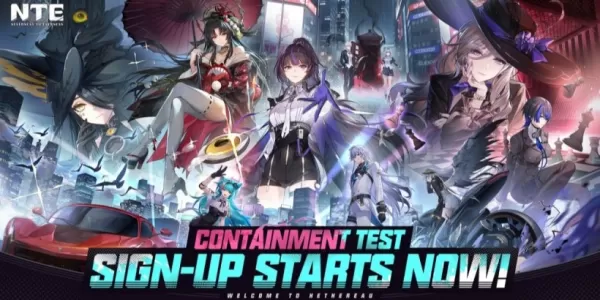
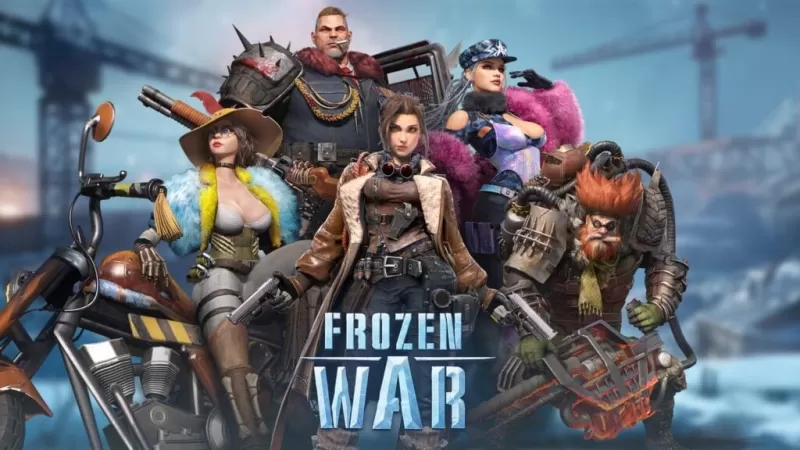
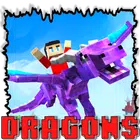
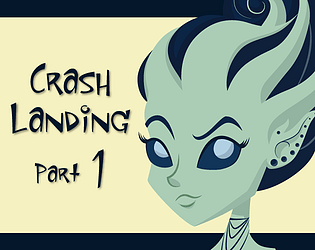



![Taffy Tales [v1.07.3a]](https://imgs.ehr99.com/uploads/32/1719554710667e529623764.jpg)



